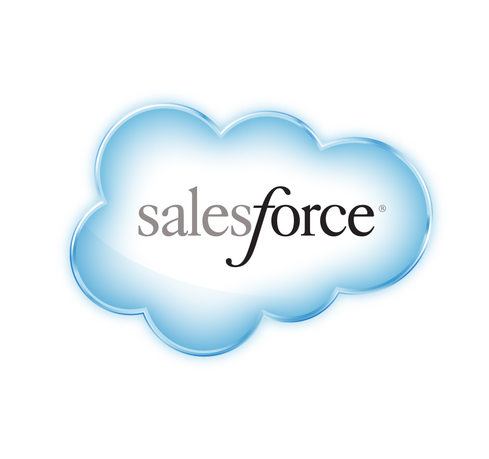Salesforce Beefs Up Heroku For Custom Enterprise AppsSalesforce Beefs Up Heroku For Custom Enterprise Apps
Salesforce App Cloud ties together Salesforce's CRM apps, Force.com platform, and Heroku platform to run various parts of an application.


Salesforce Vs. The Competition: A CRM Primer
Salesforce Vs. The Competition: A CRM Primer (Click image for larger view and slideshow.)
Salesforce offers a variety of ways for customers to extend or customize their Salesforce apps or even build a different app linked to their CRM system. Now it's trying to pull all its options together into a Salesforce App Cloud.
The App Cloud is a place to build applications, link to existing legacy applications, or integrate data from Salesforce CRM applications. It's different from Salesforce AppExchange, where hundreds of ready-built apps are on display and available for purchase and use.
The App Cloud provides networking and integration between Salesforce's proprietary platform, Force.com where its proprietary language, Apex, is a major offering, and Heroku Enterprise. Heroku is a vendor-neutral cloud service for developers that Salesforce acquired in 2010. Salesforce launched Heroku Enterprise in February as a more protected form of infrastructure to make Heroku more attractive to IT managers.
Heroku is Platform-as-a-Service (PaaS) offered on top of Amazon Web Services and hence is a service in a multi-tenant environment. By the end of the year, Heroku Enterprise will include a Private Spaces offering that's easier for Salesforce customers to set up than Amazon's plain-vanilla Virtual Private Cloud service.
It will be generally available in early 2016. Pricing on new Heroku Enterprise services, such as Private Spaces, will be announced upon general availability.
[Want to learn more about Salesforce components for mobile apps? See Salesforce Service For Apps Give CRM A Mobile Edge.]
Heroku will give IT managers the option of commissioning a Private Space for an application on a virtual server that's tied to other applications and outside resources via a virtual private network. It's still multi-tenant infrastructure, but a Heroku Enterprise workload will be connected to Force.com via an encrypted, bidirectional line that can engage in data syncing.
A developer will be able to run an app in a Private Space with "direct access to Salesforce's trusted infrastructure" and CRM applications, said Jim Sinai, senior director of platform product marketing at Salesforce. "In the same way that Heroku has made Amazon simple and easy to use for developers, Private Spaces will make it easy to use for IT managers," he claimed.
Single-sign-on enables users to sign onto their Salesforce account and use a Salesforce CRM application, the Force.com platform, or Heroku Enterprise tools and platform. Role-based access controls govern what the user can do after sign-on.
{image 1}
Salesforce acquired Heroku as an independent PaaS five years ago for $212 million. Heroku was a Ruby- and Python-oriented platform for developers looking to build consumer-facing applications that could run on infrastructure that expanded with Web traffic. Heroku provides various tools and Web application plumbing. Salesforce resisted the temptation to bring it onto Force.com and restrict the things it could do. That means developers can use Salesforce CRM apps, an app they've developed in Apex on Force.com, and also a part developed on Heroku on Amazon.
The Salesforce App Cloud will also make available Lightning user interface components for applications built on any of its platforms. Lightning components were first offered for more streamlined ways of doing things in mobile apps last year. On Aug. 25, Parker Harris, cofounder and head of product development, said Lightning components will be available in pilot for desktop applications in October and generally available in the first quarter of 2016. Lightning components are being incorporated into the regular CRM applications as well.
Developers on Heroku will also be able to use Lightning components for custom apps meant to work alongside Salesforce CRM or in other settings.
The App Cloud will include Trailhead, an online self-instruction environment for learning how to use Salesforce development platforms. It uses an interactive learning environment with game formats to teach how to use the platform and interconnection services. Network data and identity services can be used to build applications that cut across platforms.
Content in Trailhead is organized in trails with varying degrees of difficulty that can be used by beginning developers, skilled developers, or non-developers, such as business administrators, marketers, or data analysts. Trailhead has been available as a beta service for several weeks, with 50,000 enrollees completing one or more trails, Sinai said. It will be generally available in October.
After developing an application on Heroku, IT managers will have a choice of regions in which to run it. Heroku Enterprise will be available in Dublin, Frankfurt, Singapore, Sydney, Tokyo, Northern Virginia, and Oregon. Customers may choose the region closest to the target audience that they're seeking.
About the Author
You May Also Like






